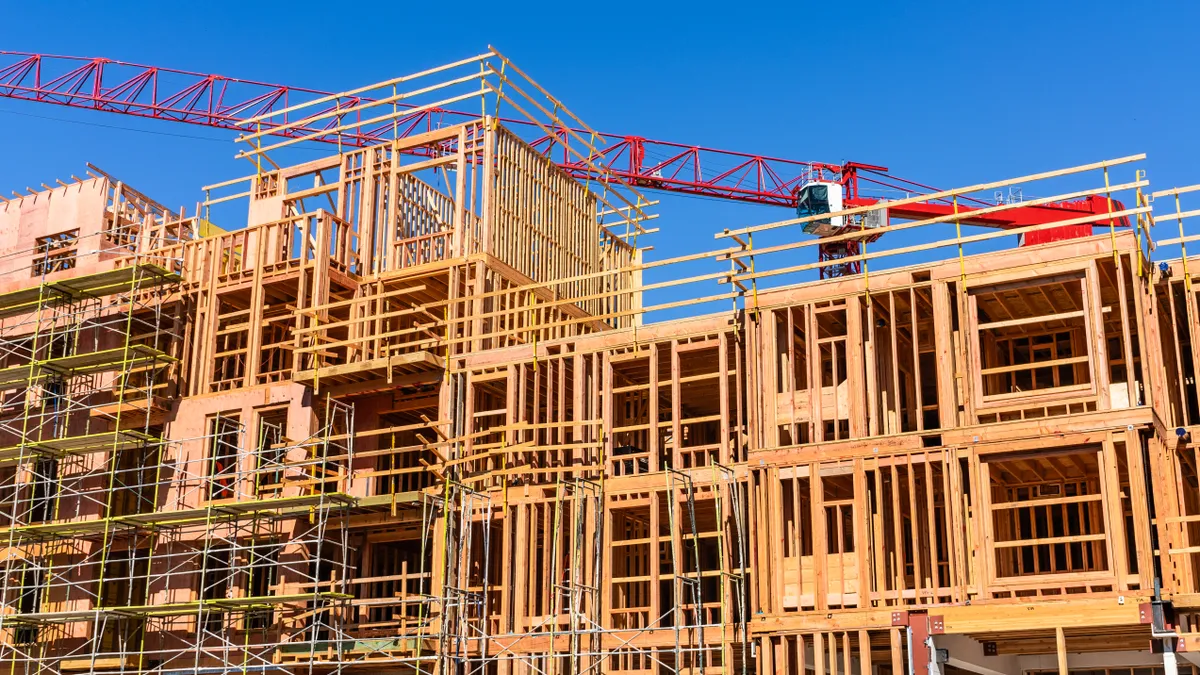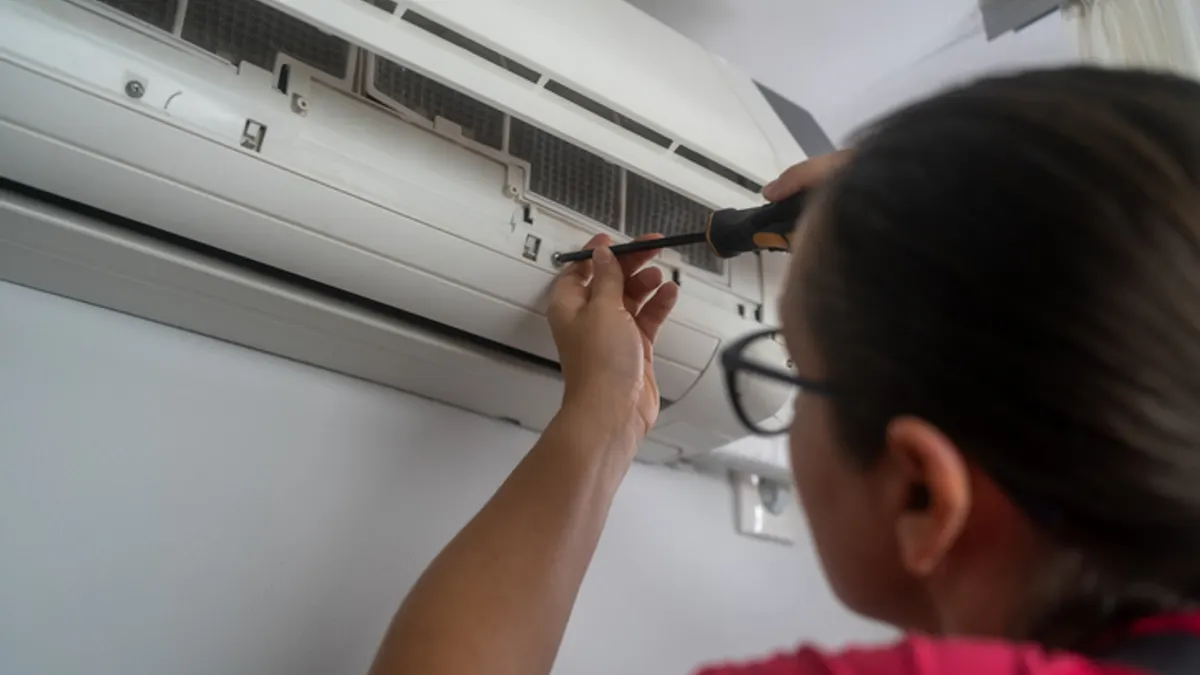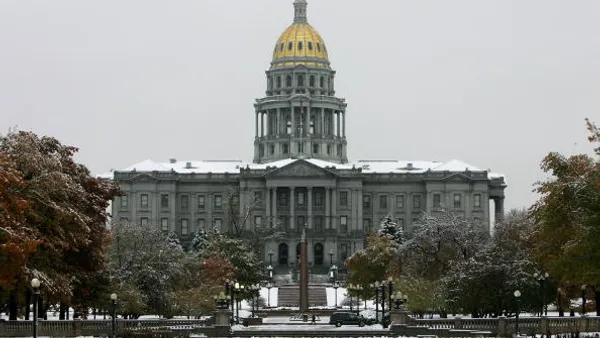Members of a legislative committee in Vermont have delayed the implementation of a proposed residential building energy standard to July 2024, in what builders and architects see as a move that provides them some relief.
On June 8, Vermont’s Legislative Committee on Administrative Rules voted to proceed with a new building energy standard, which builders believe could compromise on oversight and regulation of residential construction. Those concerns arise from an argument that the new energy standard will put homeowners and tenants at risk if builders and contractors are not comprehensively trained and provided sufficient oversight amid a scramble to meet those standards.
During that meeting, Sen. Chris Bay, D-Addison, who serves on the LCAR, said that the Department of Public Service had drafted a reasonable rule, but proposed a delay in its implementation to July 2024 so that the legislature can have time to create a state entity to improve compliance with the International Energy Conservation Code. The committee gave a nod to his motion with a vote of six in favor, one against, and one abstention.
The Residential Building Energy Standards document laying out Vermont’s residential building energy standards has been due for an update after it was last implemented in 2020. Updates on Vermont’s building energy code typically occur every three years in keeping with IECC norms.
LCAR’s revised rule spans a host of protocols aimed at increasing energy efficiency and meeting climate change goals. These changes include low air leakage, tighter air sealing requirements, stronger insulation systems in basements, efficient ventilation, electrical and illumination systems, and standards that provide an increased capacity for homes to charge electric vehicles.
“The rule is necessary to achieve the effective utilization of energy in residential buildings,” Vermont’s RBES amendments state, noting that this rule, compared to the 2020 RBES, will raise incremental investment costs for stakeholders involved in constructing, buying, owning and renovating homes. The amendments point out that this rule will nevertheless confer many economic benefits, including lower energy costs, reduced environmental impacts and improved indoor air quality for the lifetime of a home or building.
Assuming a six percent, 30-year mortgage on a home, any increases in annual mortgage payments are expected to be offset by annual energy savings that will generate positive cash flow and a return on investment of 8% to 35%, including the social cost of carbon, compared to what could result from a home built to the 2020 RBES standard.
The amendments follow a municipal reform bill, S.100 signed by Gov. Phil Scott on June 5 to remove certain state and local regulatory barriers to residential construction. This bill has garnered extensive support with 135 House members voting in favor of the measure and the Senate giving a greenlight to an earlier version of this legislation, following a 27:2 vote.
S.100 points to the creation of a working group that will study building energy code compliance. That report is due in December.
Requests have also been put forward to push back the commercial building energy code implementation. LCAR’s 45-day review period for commercial building energy code amendments is slated to wrap June 29.












